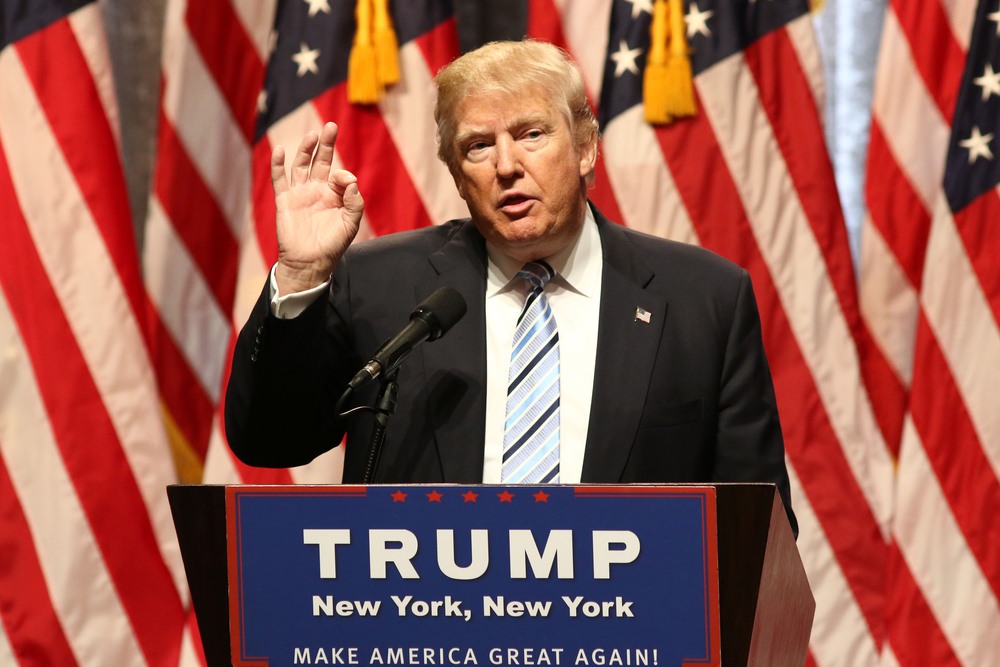Key Takeaways:
- Latin American leaders have found ways to stay in power despite term limits.
- Tactics include controlling government, judiciary, and using public support.
- The role of the military and Constitution is crucial in the U.S. context.
- Complacency can be dangerous; vigilance is key to protecting democracy.
Introduction
The idea of a U.S. president serving beyond two terms has sparked debate, especially with Donald Trump hinting at staying in office after 2029. While the 22nd Amendment limits presidents to two terms, history shows leaders finding ways to extend their rule. In Latin America, several presidents have surpassed term limits, offering insights into potential strategies Trump might consider.
Controlling the Government
In countries like Nicaragua and Ecuador, leaders have amended Constitutions to remove term limits. They often gain control of the legislature, ensuring loyalty to push through changes. While Trump’s Republican support is strong, amending the U.S. Constitution is tougher, requiring a two-thirds majority in Congress and ratification by three-quarters of states.
Judiciary’s Role
Judicial support is another tactic. In Bolivia and El Salvador, leaders used courts to okay third terms. The U.S. judiciary’s independence is a check, but recent Supreme Court decisions have raised concerns about political bias. If the judiciary aligns with a president, constitutional boundaries might be tested.
Public Support and Approval
Public backing is crucial. Leaders like Chávez and Correa used high approval ratings to justify term extensions through referendums. While the U.S. lacks a national referendum system, Trump’s ratings are lower, making a similar approach less viable. His current approval sits around 40%, limiting his mandate for a third term.
Military Influence
Military support is vital for leaders to stay in power. In Latin America, armed forces often back leaders despite constitutional violations. The U.S. military, however, swears allegiance to the Constitution, not the president. This could be a barrier, though political leanings within the military raise concerns. The use of police and ICE in the U.S. mirrors tactics seen in authoritarian regimes, highlighting potential tools for control.
Guarding Against Complacency
Many believe the U.S. is immune to democratic erosion, but this view is risky. Institutions’ strength depends on those defending them. While the U.S. system has strong checks, vigilance is essential against authoritarian moves.
Conclusion
While the U.S. has safeguards, history shows systems can erode. Learning from Latin America, the focus must be on protecting democratic norms. The future hinges on active defense of these institutions, ensuring no leader can bypass constitutional limits.
